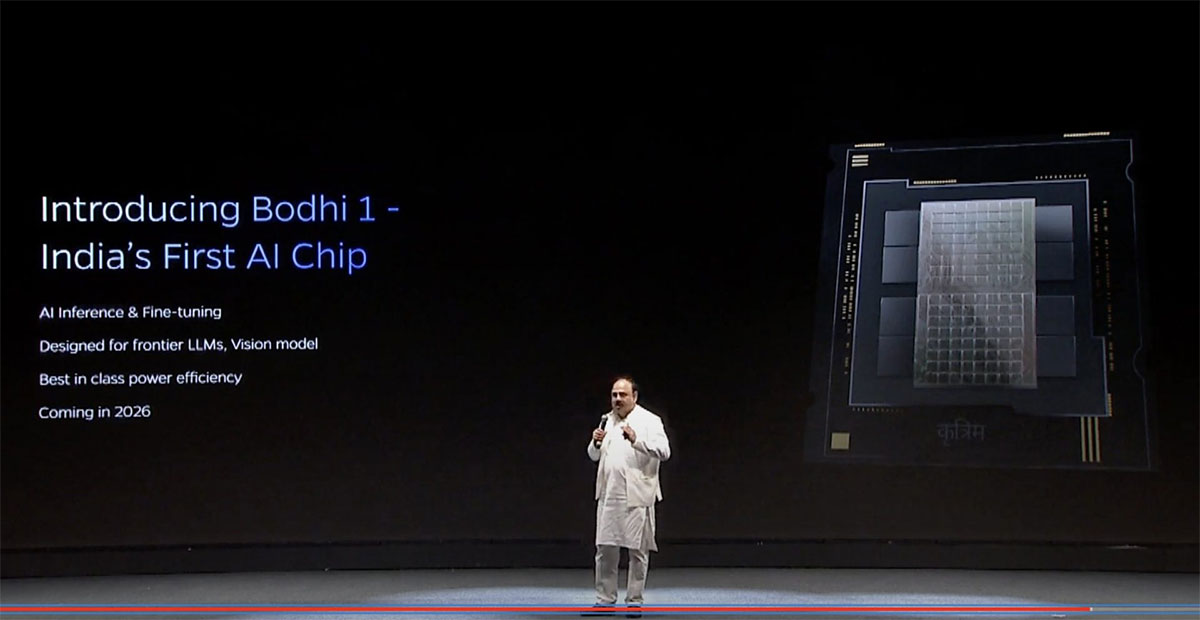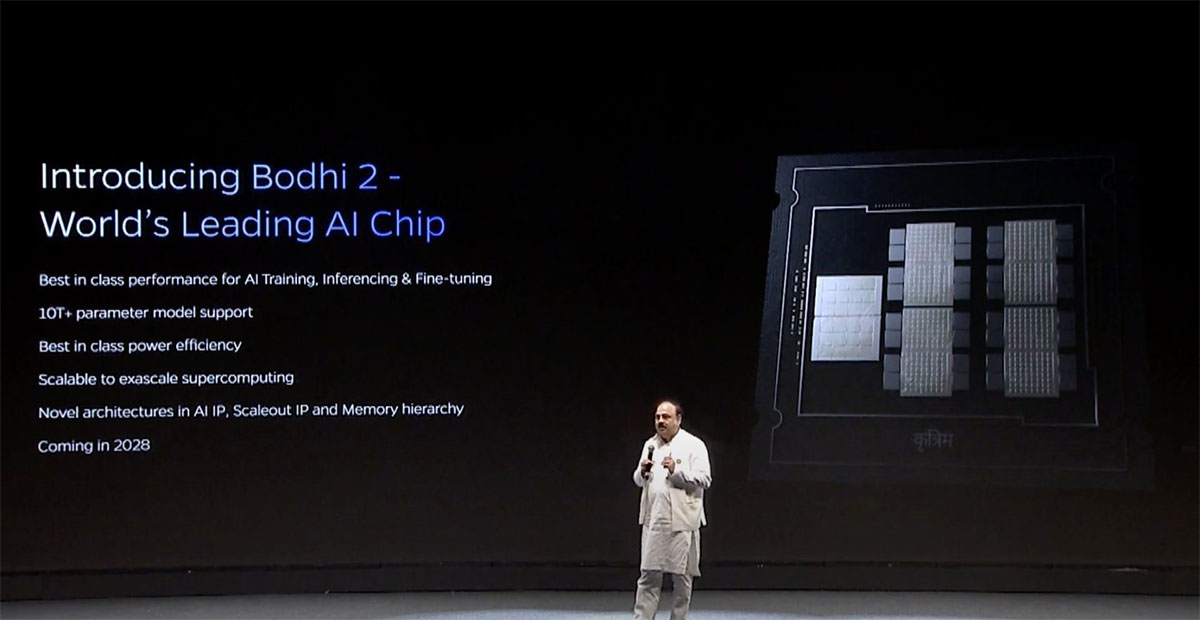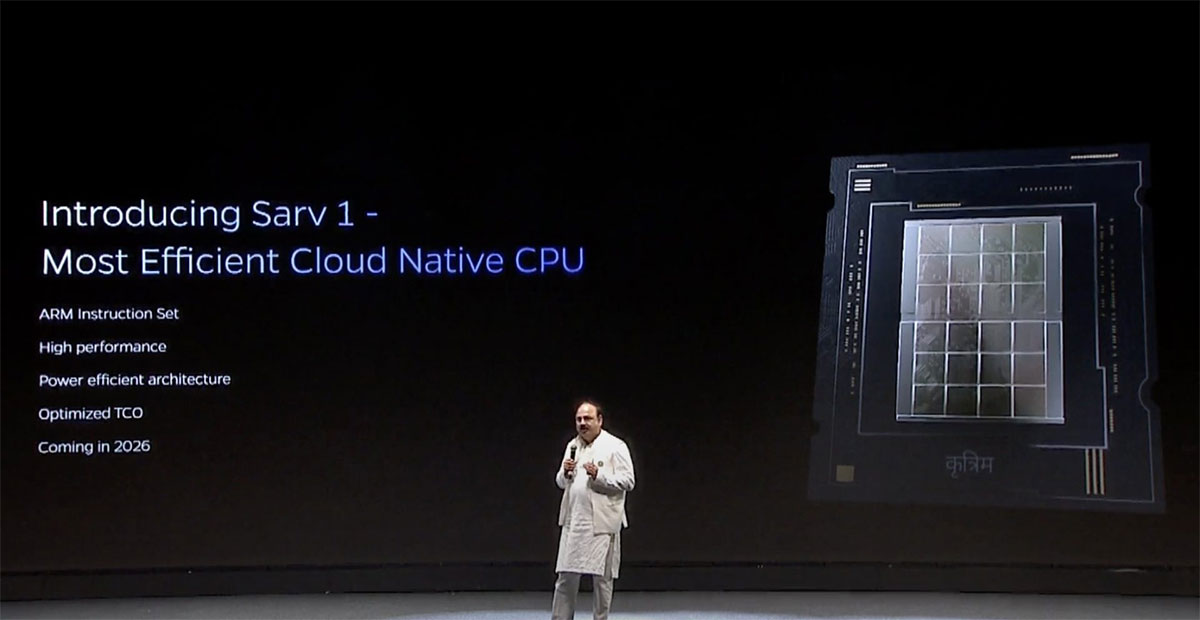India launched its first AI chip
As an emerging country in the field of semiconductor technology, India has also joined the race. Ola, an Indian domestic automaker, will design, develop and launch the country's first AI chip by 2026, using ARM architecture.
This artificial intelligence processor is mainly to support the company's autonomous vehicle development project. The trend of integrating AI into the autonomous vehicle sector has become a hot topic worldwide, and with Indian automaker Ola revealing its in-house solution, it is safe to say that this segment will grow rapidly in the future.
Moving towards the actual release, Ola has also revealed multiple AI chip projects that the company is developing. In particular, each chip will specialize in specific application aspects. Ola CEO Bhavish Aggarwal stated that it is important for the Indian semiconductor industry as a whole at the present time to gradually explore the AI segment instead of relying on third-party alternatives three available. While the company hasn't widely revealed its AI chip lineup, it has introduced several notable products, including the Bodhi AI chip line, along with the Sarv-1 cloud-native CPU and the Ojas edge AI chip. .
Starting with the Bodhi-1 AI chip, Ola claims that the chip is designed for large-scale LLMs, and targets high-performance inference workloads. So, basically, Bodhi-1 is a product designed to cater to the majority of the AI segment. The chip is expected to hit the market in 2026 and is said to have the "best power efficiency". Ola has also 'teased' the next version, called Bodhi-2, which is a more powerful AI chip that offers higher performance in AI workloads. Bodhi-2 is said to provide huge scalability, with potential applications in exa-scale computing. Bodhi-2 is expected to launch in 2028 and is said to be a cutting-edge IP that will compete with industry-leading alternatives.

Ola also introduced an advanced AI chip called Ojas, which is said to be India's first and is likely to be integrated into its next-generation electric vehicles. The company hasn't revealed many details about Ojas, except that the chip will support multiple ecosystems with its AI-native architecture.

Next is Sarv-1, a chip designed for the cloud computing segment. The Sarv-1 is expected to have impressive performance and efficiency, possibly integrating the ARM Neoverse N3 core, but this information is currently unconfirmed. From the looks of it, Ola's new line of AI chips is really powerful, but there's still a question mark around whether these architectures will reach their end, so we'll have to wait and see.

Regarding outsourcing, Ola CEO Bhavish Aggarwal announced that the company will use a tier I or II global foundry, possibly TSMC or Samsung. With careful preparation and great potential, Ola is expected to bring India to a good position on the global AI map.
You should read it
- ★ Learn about AMD chip lines? Are they better than Intel chips?
- ★ Samsung users have been fed up with the Exynos chip
- ★ New chip technology can enhance quantum computing
- ★ Apple considers removing Qualcomm chips on iPhones and iPads next year
- ★ Compare the size of high-end chips from Qualcomm, Samsung, Huawei and Apple